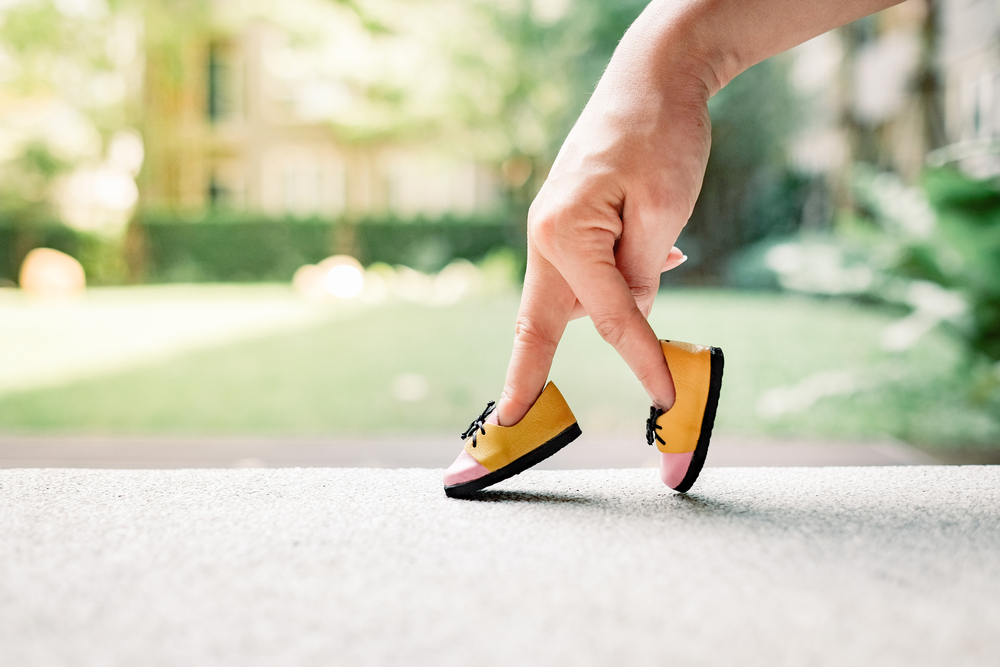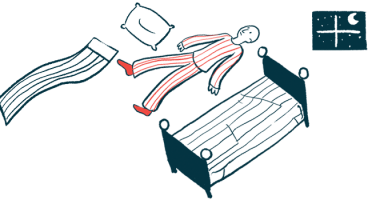Virtual Reality Game by Engineering Students May Help Parkinson’s Patients with Walking

A virtual reality game being created by engineering students, called “Overcome,” aims to offer Parkinson’s patients safe and fun ways of taking part in rehabilitation sessions that might preserve walking and mobility skills.
Though players of all ages may find the game entertaining, “Overcome” is intended for adults with walking difficulties due to this disease.
People with Parkinson’s are at a significant risk of falls when walking because of gait, tremor and balance problems. In addition to injuries and disabilities, falls can promote social isolation.
Unlike strength training, stretching and flexibility, which are the typical focus of physiotherapy sessions, clinical interventions for Parkinson’s stress the importance of dynamic walking environments – such as stepping over an obstacle – to preserve motor skills. But creating such environments in a clinical setting can be challenging.
Engineering students at the University of Southern California (USC) are developing a therapeutic game that offers players the possibility of taking part in a rehabilitation session. Its use requires a treadmill and a virtual reality headset like HTC Vive, and its creators hope to have patients using it at hospitals or other facilities in the near future.
In “Overcome,” players train their muscles as they walk on a treadmill and roam a virtual city with roads, props, pavements, buildings, cars, and even trash. The game comes with a day mode and a night mode, which is still in preparation.
“We wanted to keep the environment realistic,” Adim Abass, a master’s degree candidate at USC Viterbi School of Engineering, said in a university news release written by Dena Taha.
Players gain points and complete levels by avoiding remotely controlled obstacles on the virtual sidewalk, such as tree branches, chairs, paper, and plastic cups. To make the game more immersive, the team added audio and haptic (touch) feedback.
Two trackers are placed on the feet to detect leg movement. The headset is also used to detect impending collisions. When coming into contact with an obstacle, players receive a vibration that warns them to change their path.
“Haptics add the sense of touch to virtual environments,” said Naghmeh Zamani, a PhD student. “The appropriate force and vibration applied to the user’s hand or body help them experience touching a virtual object.”
To help train cognition and memory, players are also asked to use controllers to categorize trash items according to whether they are recyclable or not.
“Our solution is not a substitute for being outdoors, but it eases the initial phase of rehabilitation,” Abass said.
“Overcome” is part of a National Institutes of Health-funded project led by James Finley, a professor of biomedical engineering and director of the Locomotor Control Lab at USC. The project aims to develop virtual reality as a way to increase physical training and improve patients’ engagement in rehabilitation.
According to Finley, virtual reality offers patients a graded exposure to obstacles and an engaging approach to physical therapy, while tracking their progress.






